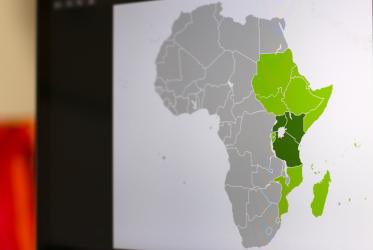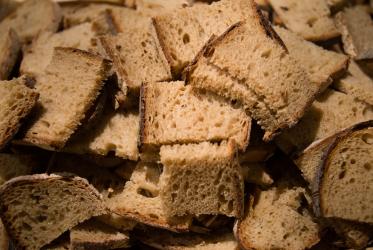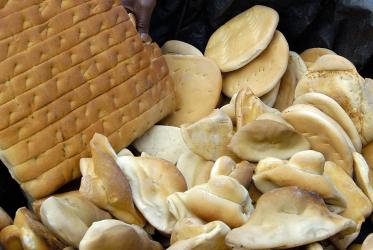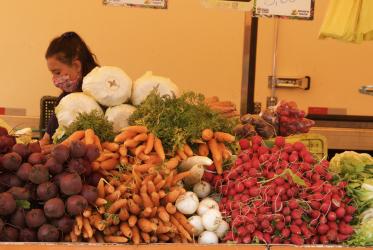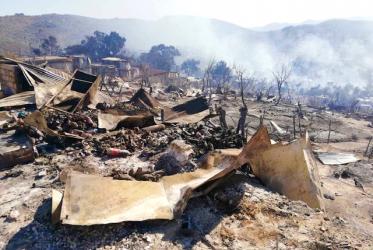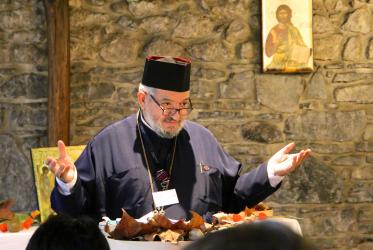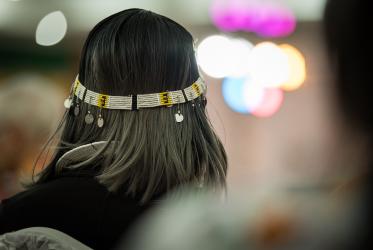Displaying 161 - 180 of 451
WCC Eco-School 2020 for Pacific region is further postponed
14 January 2021
Applications open for WCC Eco-School
22 October 2020
On World Food Day, “we pray for wisdom to care for the earth”
16 October 2020
WCC to host online prayer service for World Food Day
09 October 2020
WCC honors world’s indigenous communities
07 August 2020


